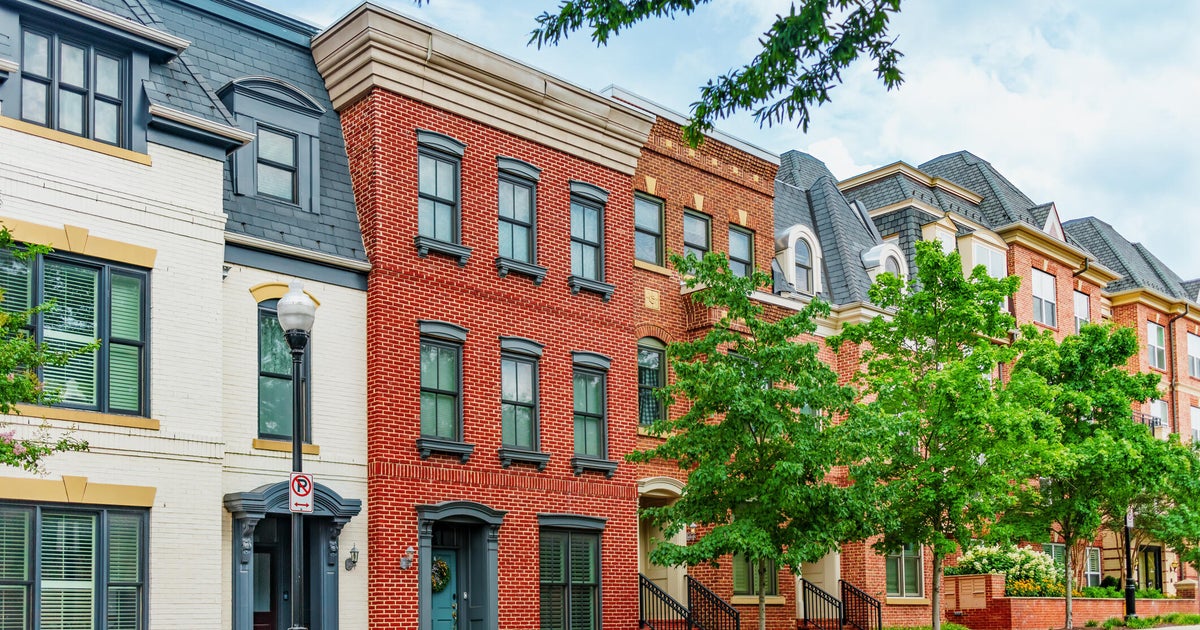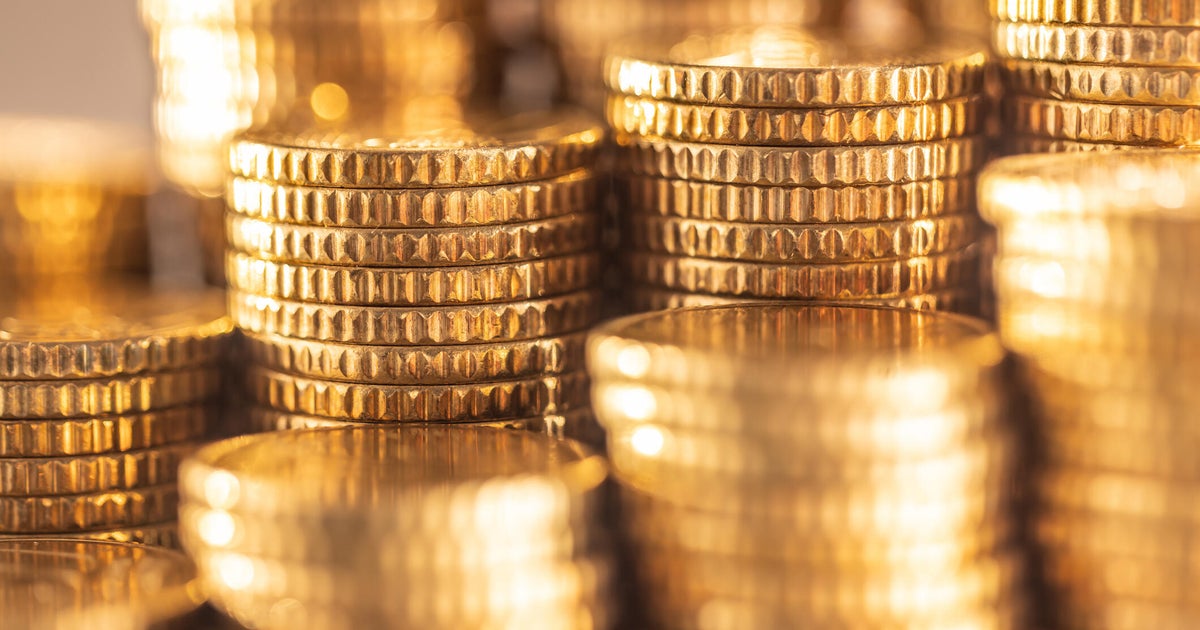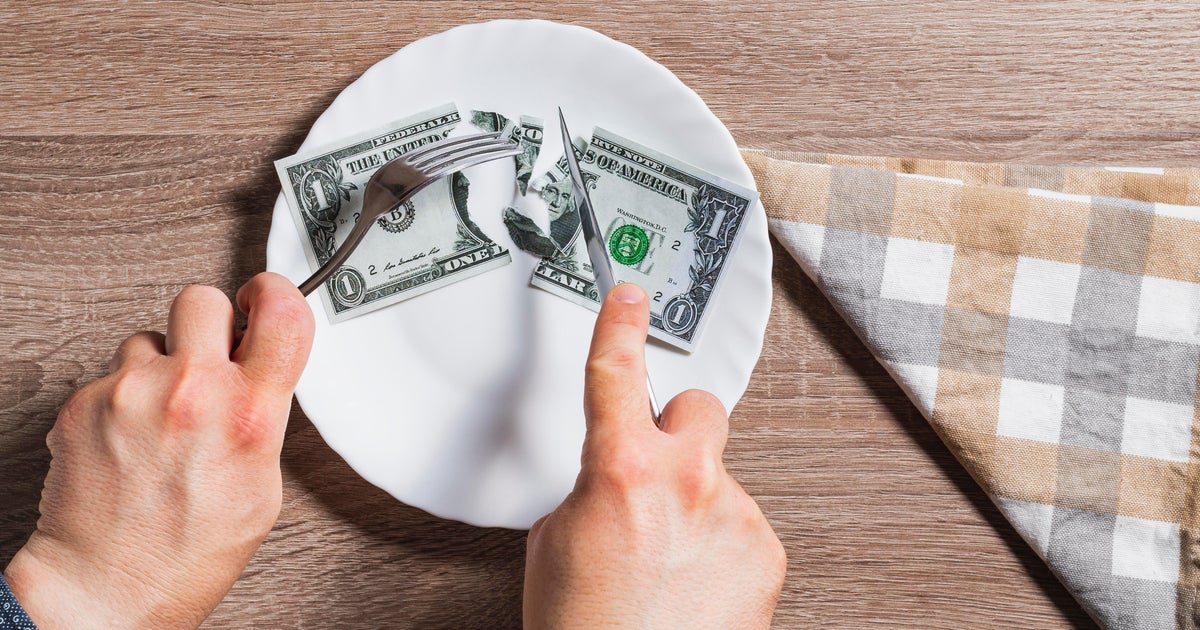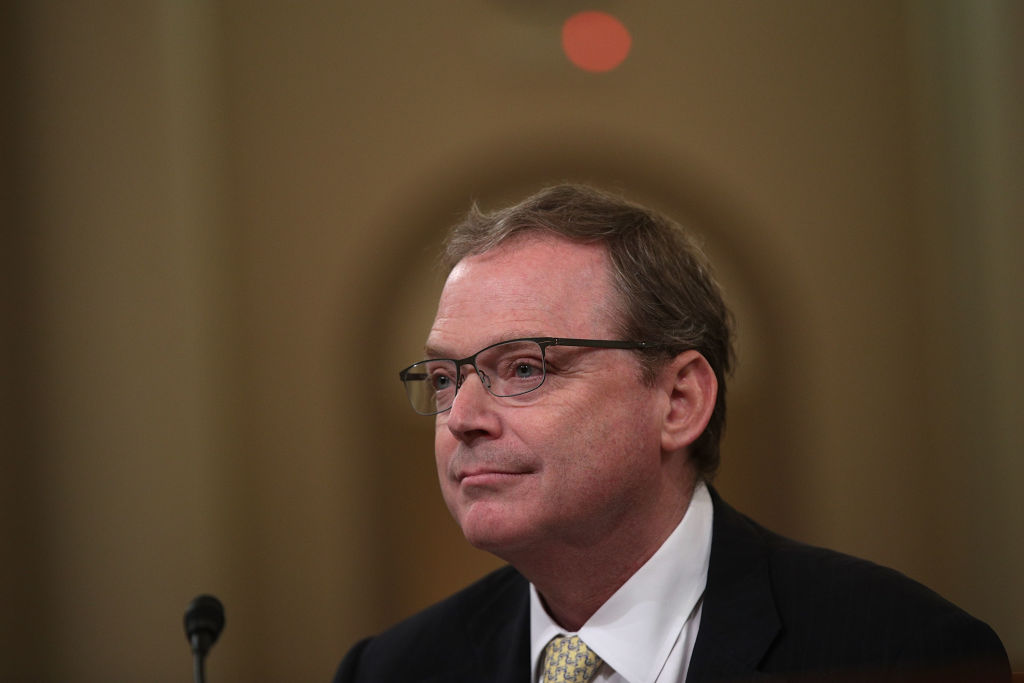The economy is creaking, but likely isn't in a recession
Investors are jittery. Home sales are plummeting. Squeezed by food and gas prices, Americans are driving less and spending more to put food on the table, constraining their budgets. Yet despite this unsightly economic picture, the U.S. likely isn't in a recession — yet.
On Thursday, the government is expected to report that economic output grew at a rate of just under 1% in the third quarter, according to economists surveyed by FactSet. A positive figure would steer clear of the technical definition of a recession; by contrast, it would indicate that economic growth has slowed considerably from its roaring pace last year as the Federal Reserve tries to douse red-hot inflation.
To be sure, for most Americans whether or not the economy is officially in recession may be a matter of semantics. Millions of workers and consumers have seen their spending power plummet since last year as inflation jumps, with consumer confidence sinking for three straight months. Even without a formal declaration of a recession, most forecasters see an anemic economy in the near future.
"The global economy, still reeling from the pandemic and Russia's invasion of Ukraine, is facing an increasingly gloomy and uncertain outlook," the International Monetary Fund said in a blog post Tuesday. Slowing growth in the U.S., the European Union and China, the world's three largest economies, would have knock-on effects for the rest of the world.
"The world may soon be teetering on the edge of a global recession, only two years after the last one," the IMF said.
Define "recession"
A recession is commonly defined as two consecutive quarters of shrinking gross domestic product — the total value of products and services produced in the U.S. But that's by no means the only factor that the National Bureau of Economic Research, the organization body tasked with calling recessions, looks at. The private research group defines a recession as "a significant decline in economic activity that is spread across the economy and lasts more than a few months."
To assess whether the U.S. is in recession, NBER considers an average of two measures — GDP and gross domestic income (GDI). The metrics try to evaluate the country's level of economic output in different ways, with GDP tracking spending by consumers, businesses and governments, while GDI tracks incomes.
In the first quarter, GDP fell 1.6% while GDI rose 1.8%; the average was 0.2%, suggesting that the economy expanded slightly. By this measure, even if the economy is found to have shrunk in the April-June period, the U.S. wouldn't have contracted for two straight quarters — the basic litmus test for recessions.
Other data points NBER considers in analyzing whether we are in a recession are measures of income, employment, inflation-adjusted spending, retail sales and factory output.
What about job growth?
According to most economists, the clearest signals of a recession are an increase in layoffs and a slowdown in hiring. Although layoffs have risen to an eight-month high, they remain at a historically low level, while employers continue to hire workers as fast as they can find them.
Over the first half of the year, employers added 2.6 million jobs, while the unemployment rate fell from 4% to 3.6%.
"Despite widespread talk of a recession in the media, it is difficult to see the basis for one," Dean Baker, senior economist at the Center for Economic and Policy Research, said in a blog post. "The economy does not generate 400,000 jobs a month in a recession."
Interest-rate hikes pose danger
While the U.S. may not be in a recession now, it may be only a matter of time until one starts, some economists say. Many believe the country will soon enter a recession if the Federal Reserve raises interest rates too aggressively.
"[M]ost recessions in history are preceded by accelerating inflation, and hence, the Fed may raise rates too far, too fast for the economy to handle," researchers at Morgan Stanley wrote in a report.
Surging inflation over the past 18 months — the fastest pace of price hikes since the 1980s — has prompted the Fed to aggressively increase interest rates. The central bank has already raised rates three times this year and is expected to impose another hike of 0.75 percentage points on Wednesday.
Chairman Jerome Powell is aiming for a "soft landing," in which the economy weakens enough to slow hiring and wage growth and bring inflation close to 2% a year, without entering a recession.
But the signs of slowing growth alongside strong hiring have put the Fed in a tough spot, and Powell acknowledged that the Fed's goal has become harder to achieve. He has also indicated the Fed will continue to raise interest rates even amid a weak economy, if that's what's needed to tame inflation.
"Is there a risk that we would go too far?" Powell said last month. "Certainly, there's a risk, but I wouldn't agree that's the biggest risk to the economy. The biggest mistake to make … would be to fail to restore price stability."
The Associated Press contributed reporting.



